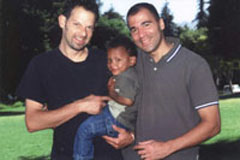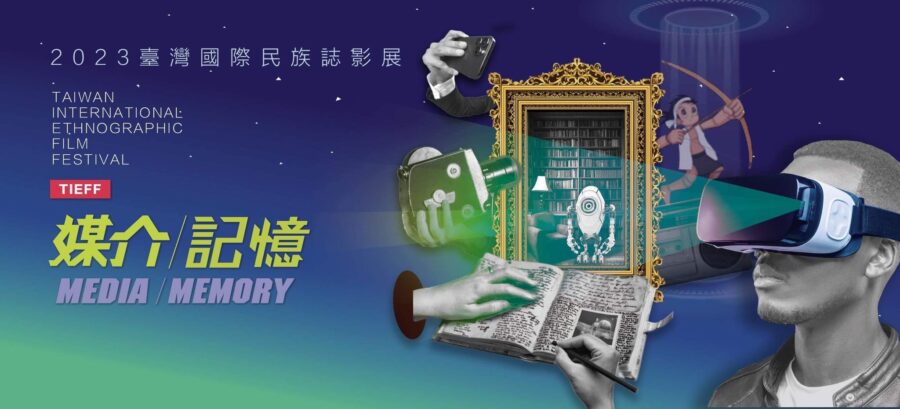Daddy & Papa

DADDY & PAPA is a one hour documentary exploring the personal, cultural, and political impact of gay men who are making a decision that is at once traditional and revolutionary: to raise children themselves. Taking us inside four gay male families, DADDY & PAPA traces the day-to-day challenges and the larger, critical issues that inevitably intersect their private lives-the ambiguous place of interracial families in America, the wonder and precariousness of surrogacy and adoption, the complexities of marriage and divorce within the gay community, and the legality of their own parenthood.
Despite all these obstacles, America is in the midst of a “gayby boom,” with thousands of gay men across the country making the conscious decision to become fathers. DADDY & PAPA enters into the heart of the debate over gay fatherhood, examining the value of alternative households, the effects of gender and sexual orientation on children, and the changing face of the American family.
